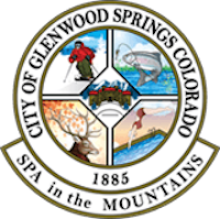Glenwood Springs, Colorado: Fiber Frontier
Glenwood Springs was the first community in Colorado to invest in publicly owned Internet infrastructure, the Community Broadband Network (CBN), and offer services to local businesses. The community, originally named “Defiance,” was also one of the first U.S. communities to have electric lights. Their open access municipal network has improved connectivity throughout the community and helped establish robust competition in this western frontier town.
Dial-Up Just Didn’t Do It; City Steps In
Bob Farmer, Information Systems Director at Glenwood Springs, spoke with Christopher Mitchell for episode #206 of the Community Broadband Bits podcast and he shared some of the network’s history. Before community leaders chose to take matters into their own hands, Qwest (now CentuyLink) and AT&T were offering dial-up services to residents and businesses. The city approached the incumbents and asked them to make upgrades to improve local connectivity but were told by both companies that they had no plans to make improvements.
Bruce Munroe, former Director of Information Services, was interviewed in 2005 about the community's plan to invest in fiber and the incumbents' reaction. He said:
“When we started, we were told that it wouldn’t be profitable for them to provide service,” says Munroe. “But they also said ‘you can’t do it either.’ There was no interest in [pursuing] anything until we said we were going to do it.” Glenwood moved ahead anyway after its city council approved a municipal service plan based on keeping businesses in town. “We were protecting our economic base,” says Munroe, who noted that businesses were leaving because they didn’t have speedy access to the Internet.



